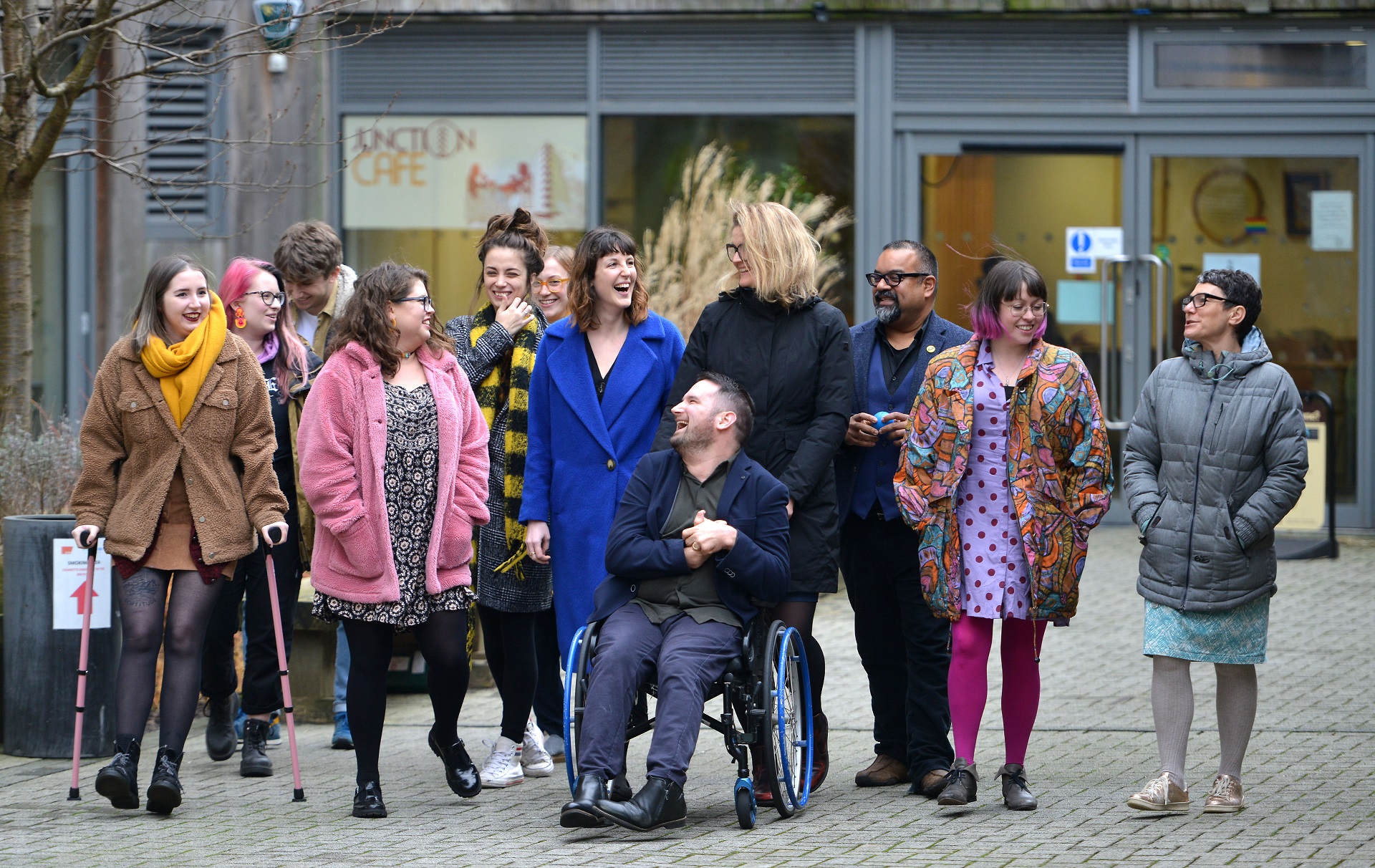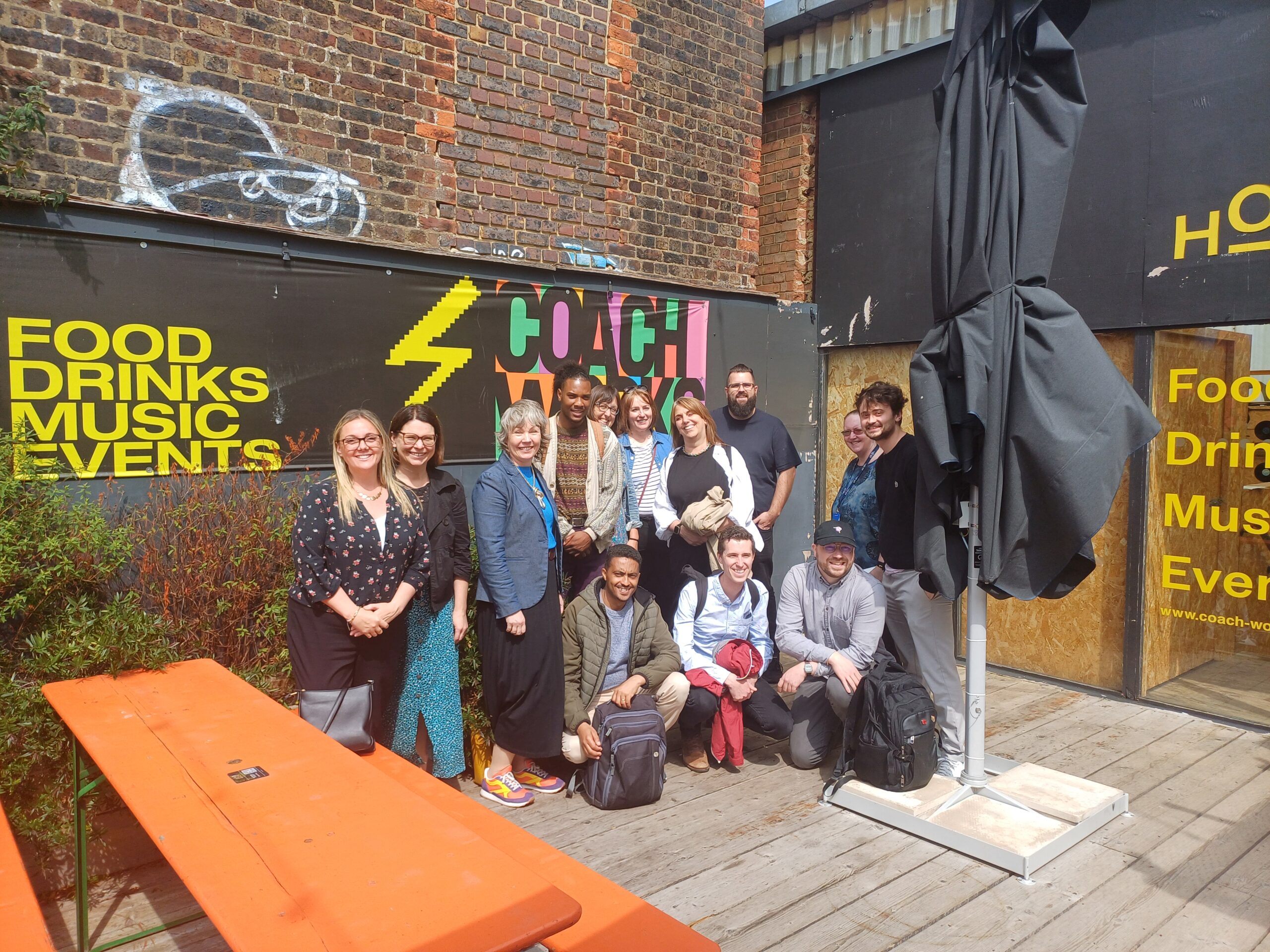News and views
Our latest research shows social enterprise is mission critical to fixing the UK economy

Our latest State of Social Enterprise report shows a growing sector that is not only profitable and productive but truly pioneering in its impact for people and planet.
This year’s report titled ‘Mission Critical’ estimates that there are 131,000 social enterprises across the country, representing almost one in 42 of all UK businesses. Overall, the research shows a movement creating huge impact, despite complex challenges restricting its potential.
Not only are social enterprises doing right by society and the environment, they are performing well in economic terms, with a collective turnover of approximately £78 billion or around 3.4% of GDP. Only 17% reported a decrease in turnover, compared with 30% of businesses as a whole.
In the last financial year, social enterprises made £1.2 billion in profit, re-investing £1 billion to drive progress on their vital social and environmental missions. By comparison, FTSE 100 companies were on track to spend a record amount on share buy-backs, alongside nearly half of their expected net-profit of £170 billion going to paying dividends.
Social enterprises are also major employers, creating jobs for around 2.3 million people, with 84% paying the real Living Wage. They are continuing to break down employment barriers around gender, race and class through workforce diversity; 22% of social enterprises operate in the most deprived areas of the UK, compared to 14% of wider businesses, while 58% have leadership teams that are at least half female and 43% have at least one leader from Black, Asian or Minority Ethnic backgrounds.
As well as tackling social inequalities, social enterprises are actively addressing environmental issues, with almost a fifth fighting climate change as their core mission and 65% having a plan in place to reduce their greenhouse gas emissions. Given the growing crises in our natural world, we need to harness the power of social enterprise now more than ever.
However, the report also showed that social enterprises are increasingly under strain, with complex economic barriers meaning that the full potential of this pioneering business model is not being realised. Beyond the general economic instability and uncertainty facing all businesses, many social enterprises struggle to access sufficient or suitable finance, and often report lacking the skills to obtain much-needed investment.
Commenting on the research findings, our chair Lord Victor Adebowale CBE said:
“While social enterprises continue to start up and grow, despite the obstacles, the scale of our ambition should not be to keep things going. We cannot take for granted the sector’s ongoing contributions to our economy, our environment and wider society. Social enterprises are surviving but they should be thriving.
“Given the sector’s impact despite present challenges, its potential in a more supportive ecosystem could be transformative. ‘Business as usual’ isn’t working and this mission-led model must become the new normal. As we look ahead to a general election year, social enterprise solutions must be front and centre of a British economy that drives fair growth for all.”
The State of Social Enterprise report, published every two years, is the most comprehensive piece of research looking at the key trends and issues affecting our movement. It will form the basis of our continued research and policy work, and is a key resource in raising the profile of our sector amongst decision makers.
You can read the full report on our Social Enterprise Knowledge Centre, which houses all our research evidence: socialenterprise.org.uk/social-enterprise-knowledge-centre/the-state-of-social-enterprise
If you’d like to contribute to future Social Enterprise UK research, please register to be part of the Social Enterprise Advisory Panel by emailing research@socialenterprise.org.uk



